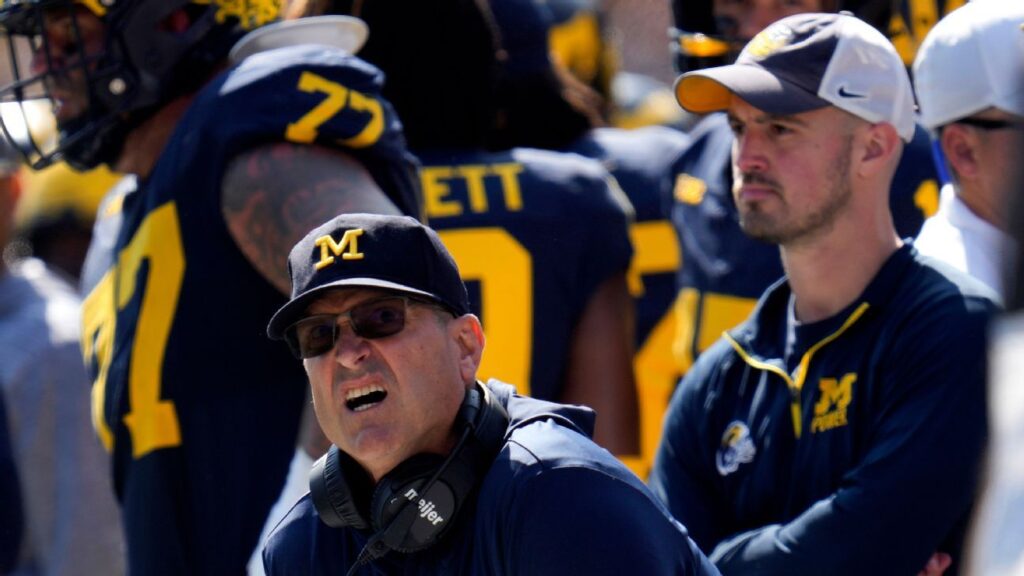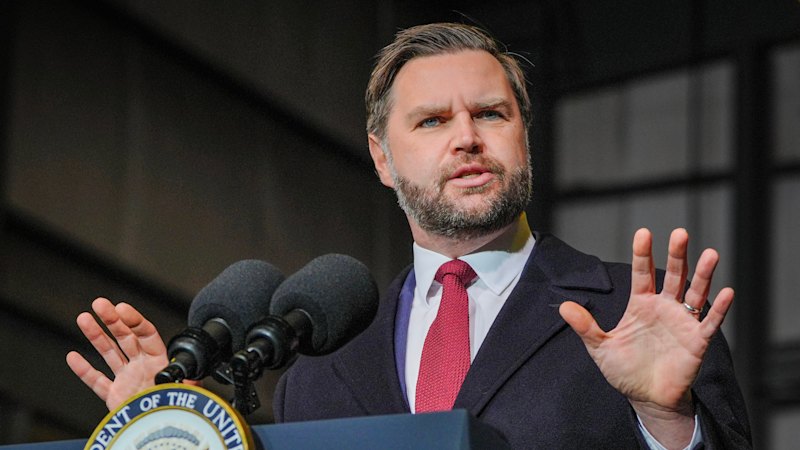
Former Michigan football staff member Connor Stalions has disclosed that he was aware of nearly all signals used by opponents in seven games during his tenure with the team. This revelation comes amidst an ongoing NCAA investigation into allegations of sign-stealing involving Michigan’s football program. Stalions shared his insights on social media, responding to comments made by Sonny Dykes, head coach of Texas Christian University (TCU), regarding their strategy during the 2022 College Football Playoff semifinals.
Dykes noted that TCU modified its signals before their match against Michigan, which contributed to their victory. “We got some favorable matchups because of that and, yeah, there were some big plays in the game,” Dykes stated in an interview with On3.
Stalions Responds to Allegations
In his social media post, Stalions expressed frustration at the implications that Michigan’s performance in games was solely influenced by his actions. He specifically mentioned seven matches where he claimed to have known the opponents’ signals: the 2021 and 2022 matchups against Michigan State, the 2022 game against Penn State, the 2022 contest against Ohio State, the 2022 semifinals against TCU, and games against Georgia and Wisconsin in 2021.
Despite this knowledge, Stalions asserted that Michigan’s success or failure was not contingent on his role. “We lost three of those games because we didn’t tackle well, and Georgia was historically good,” he wrote. “We won the four other games because we dominated the line of scrimmage & tackled well. Blocking, ball security, tackling, run fits & coverage tools. That’s football. This is not rocket science.”
NCAA Investigation and Consequences
The NCAA has been investigating Michigan’s football program for several months. Allegations include violations by current coach Sherrone Moore, who is accused of deleting messages related to Stalions before they were recovered by the NCAA. Moore, who served as an assistant under former head coach Jim Harbaugh, has stated that he is cooperating with the investigation. Following a hearing with the NCAA’s Committee on Infractions last month, Michigan is expected to impose a two-game suspension on Moore for the upcoming season.
The NCAA has not yet determined if this self-imposed sanction will suffice to address accusations that Moore failed to fully cooperate with the investigation, which has significantly impacted college football during the 2023 championship season. The governing body typically takes about three months to reach a final decision in contested cases.
The Wolverines are scheduled to begin their season on August 30, 2024, with a home game against New Mexico State, followed by a match against Oklahoma, where Moore played as an offensive lineman, on September 6, 2024.
While the NCAA does not have explicit rules against stealing signs, it prohibits schools from sending scouts to future opponents’ games and using electronic devices to record signals. Records indicate that Stalions purchased tickets to games involving teams Michigan would face and arranged for individuals to capture their signaling practices.
Initially placed on leave, Stalions eventually resigned from his position at Michigan and did not participate in the NCAA investigation. The organization had previously placed Michigan on three years of probation, levied fines, and imposed recruiting restrictions after resolving another case related to recruiting violations. Jim Harbaugh, in connection with this issue, received a four-game suspension from coaching college football.







